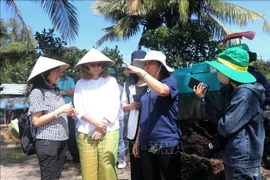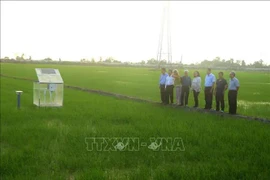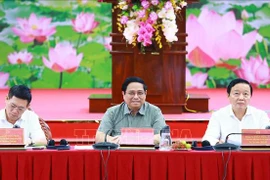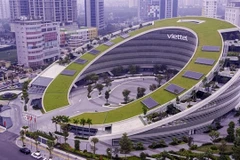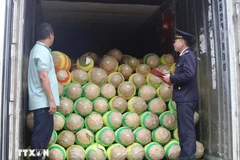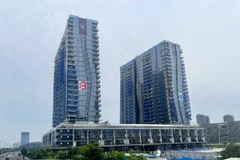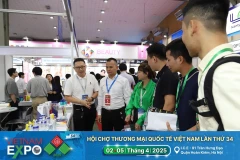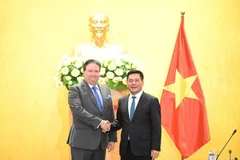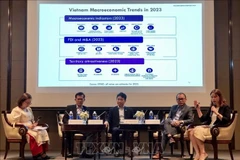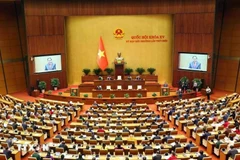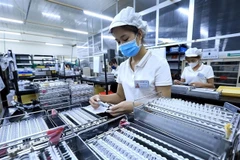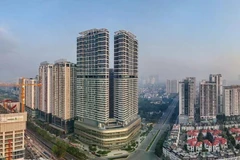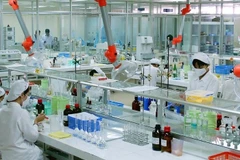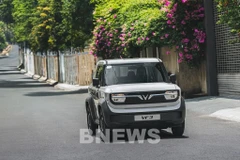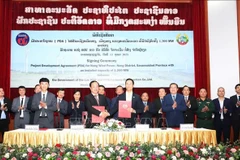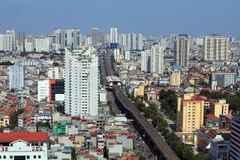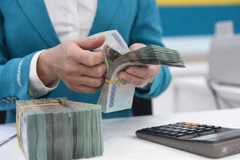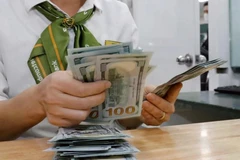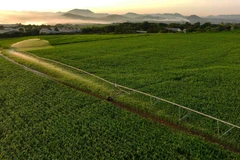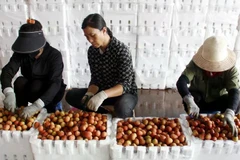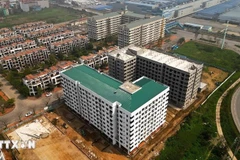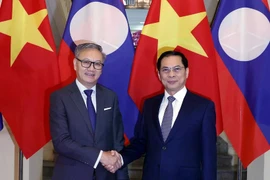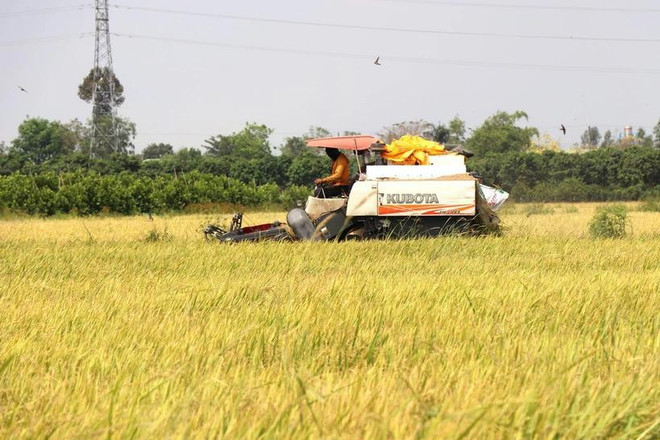
Can Tho (VNA) – A conference was held in the Mekong Delta city of Can Tho on February 14, seeking investment in digital transformation and green transition technologies for the cultivation of one million hectares of high-quality and low-emission rice by 2030.
The event was organised by the Ministry of Agriculture and Rural Development’s Department of Cooperatives and Rural Development (DCRD) in collaboration with Sorimachi Vietnam Co., Ltd.
The million-hectare rice initiative aims to develop sustainable, nature-friendly agriculture in the Mekong Delta that plays a crucial role in ensuring national food security and global rice exports. However, it faces mounting challenges such as climate change, resource degradation, and rising production costs, while improving rice farmers' income.
The project is designed to reorganise the rice production system according to the value chain, enhance added value, implement sustainable farming practices adapted to climate change, and reduce greenhouse gas emissions.
By 2030, the project aims to engage two million rice farmers across 1,230 cooperatives and cooperative groups, as well as 210 rice trading enterprises. All participants in the value chain are seeking investment and technology applications for digital transformation in rice production processes, including land leveling, alternate wetting and drying irrigation, fertilizer analysis, rice nutrition management, integrated pest management, harvest traceability, and emission reduction assessment.
At the event, DCRD Director Le Duc Thinh highlighted three key requirements for the initiative’s digital transformation and green transition, namely implementing high-quality, low-emission rice production techniques, ensuring all of the specialised farming areas with business-cooperative partnerships, and emission reduction verification.
Last year, the department and Sorimachi partnered to guide agricultural extension officials in using the Facefarm software, which helps farmers create production plans, maintain electronic journals, connect to e-commerce platforms, and calculate production costs, among other features. The WACA application was also introduced, enabling cooperative leaders to track their financial situation and carbon credit trading at any time.
Several Japanese companies showcased their advanced technologies that support cooperatives in optimising rice cultivation.
Deputy Minister of Agriculture and Rural Development Tran Thanh Nam stated that the ministry is collaborating with Japanese corporations to pilot digital technology models for high-quality, low-emission rice production while providing cooperatives with accounting and management software under the project.
He called on domestic and international firms specialising in agricultural technology, digital technology, smart technology, and agricultural by-product processing to participate in the initiative./.
